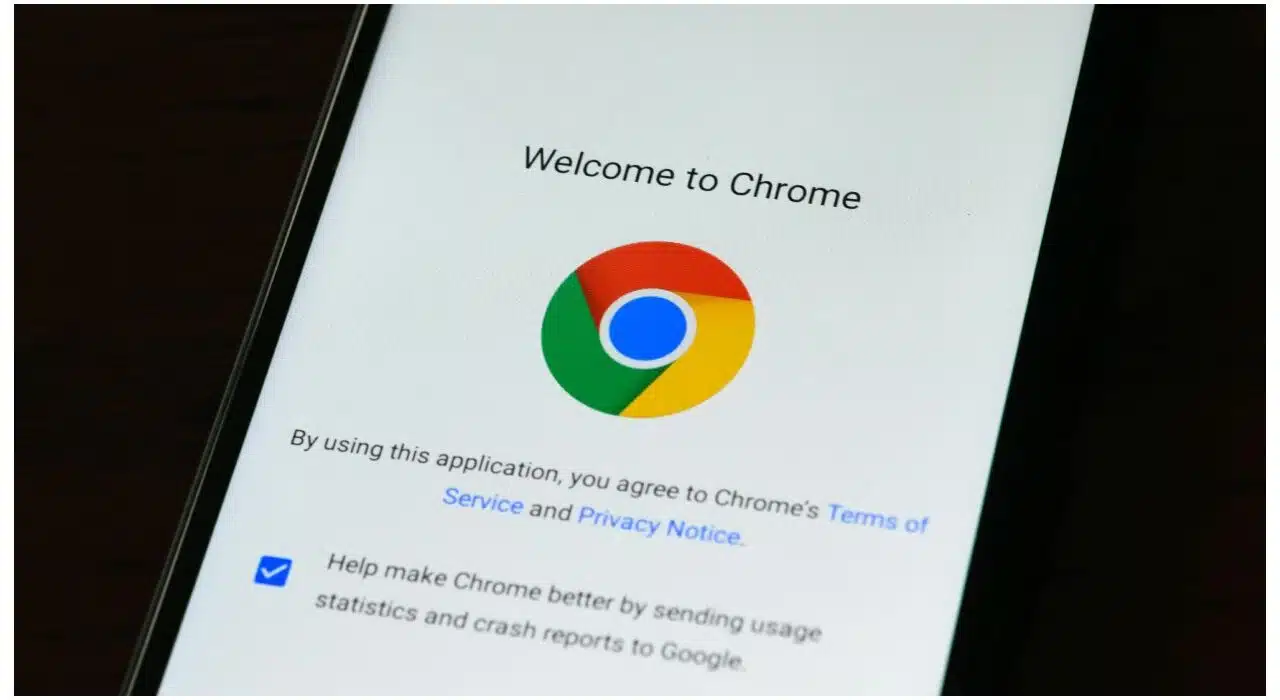In a high-stakes antitrust case, US prosecutors asked a judge to force Google to sell Chrome, share search data with rivals, and perhaps divest its Android operating system on Wednesday. Such a move would make the breakup of what they say is Google’s monopoly over online searches and advertising.
But the DoJ presented the proposals in a landmark Washington trial that could redraw the digital map. If approved, the remedies would stay in place for as long as 10 years under the supervision of an independent technical committee. The DoJ contends Google’s stranglehold on search has suppressed competition and innovation, starving rivals of distribution channels.
Monopoly Concerns and Chrome’s Role
Google’s Chrome browser, a cornerstone of its business, plays a crucial role in collecting user data to optimize targeted advertising. Prosecutors argue that the company has unfairly leveraged Chrome and Android to prioritize its own search engine, disadvantaging competitors. The DOJ’s proposals include requiring Google to sell Chrome to level the playing field.
Alphabet, parent company of Google, slammed the plans in response. Chief Legal Officer Kent Walker branded them “unprecedented government overreach” that could hurt consumers and small businesses while imperiling the U.S.’s technological leadership.
Sweeping Remedies on the Table
The proposals from DOJ go beyond Chrome: They cover the prohibition of exclusive agreements by Google that make its search engine the default on certain gadgets, such as Apple’s iPhones. It also proposes that the government ban Google from investing in competing search engines or AI-based search tools.
The order would enforce that compliance, with a five-member technical committee overseeing Google’s actions-including regular audits of its software and business practices. The committee would be funded by Google but operate independently.
Data Sharing and Industry Implications
Prosecutors also propose mandatory data sharing: Google would have to license search results at minimal costs and give user data to competitors. Obviously, privacy concerns would bar the way for too broad a circulation of data this way. Smaller search engines like DuckDuckGo expressed their optimism, suggesting these changes could lower the barrier to entry in the search market.
A trial on the DOJ’s proposals is scheduled for April 2025; Google will have the opportunity to propose alternative remedies until December. Whether Google will have to sell Chrome remains one of the most crucial questions in the developing case.
Also, see: Border Gavaskar Trophy: Where to Watch IND vs AUS Test Series Live?
